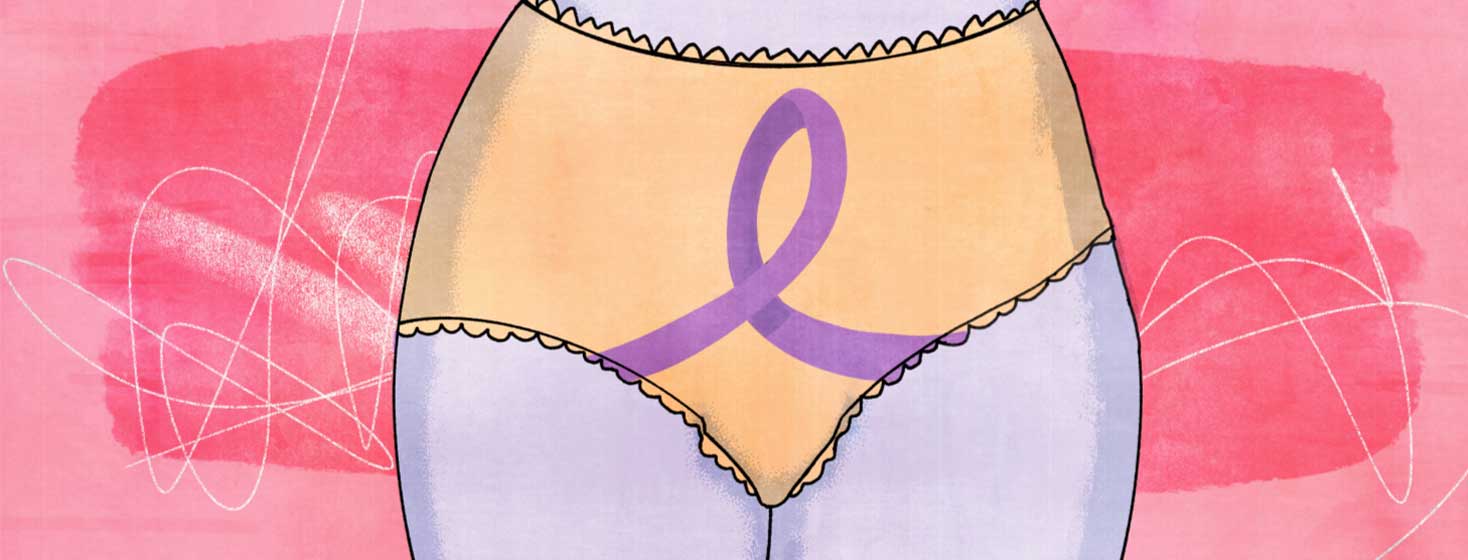Everything You Need to Know About Vaginal Crohn's
We all know Crohn's disease can impact every part of our body. From achy joints to sore skin, the manifestations of irritable bowel syndrome (IBD) go far beyond our digestive system.
But recently, I learned about another part of this: vaginal Crohn's. I'll be honest, it was something I hadn't really heard of before. But when one of my readers got in touch to share their experiences, I began to do some more research.
Part of what I aim to do in my writing is to shine a spotlight on lesser-known aspects of IBD, so I thought today I'd tell you a little more about vaginal Crohn's.
Start a Forum
What is vaginal Crohn's?
Vaginal Crohn's, or "Crohn's disease of the vulva," is a (fortunately) rare complication of Crohn's disease. It is in the category of genital Crohn's, which can also occur in men (but it is thought to be more common in women).1,2
Vaginal Crohn's manifests in the following ways:1-3
- Swelling of the labia
- Ulcers of the vulva, which may be deep or superficial
- Fistulas
- Skin tags
- Bacterial infections
- Problems with sexual intercourse
- Painful urination
How common is vaginal Crohn's?
While vaginal Crohn's is not common, those with perianal disease might notice some crossover. While all women should be aware of the symptoms, those with perianal disease, in particular, should pay close attention.2
What is the treatment for vaginal Crohn's?
The way vaginal Crohn's is treated depends on the severity of the condition. Some patients might require surgery. Others might require topical or systemic drugs.1
Standard medication to treat the gastro symptoms of Crohn's (such as steroids and biologic drugs) have also been found to help heal vaginal Crohn's. Because the condition is so rare, treatment does seem to depend on the individual and isn't as standardized as other aspects of Crohn's.1,2
What should I do if I suspect I have it?
The reason why I wanted to write this article is that many women don't necessarily connect our Crohn's disease with the rest of our bodies. You might well be seeing a separate gynecologist for your issues and not even think about mentioning these symptoms to your gastro team.
First, don't panic – some of the above symptoms might not indicate vaginal Crohn's. For example, a bacterial infection can be caused by many things, as can general soreness and pain when urinating or having intercourse.
However, it is important that you talk to your doctor if you have symptoms. They will be able to examine you and perform any necessary tests to diagnose Crohn's or see if any infection is present.
Finding support for genital Crohn's
While a gynecologist will still be your first point of call, it is well worth ensuring your whole medical team is connected and see this as a part of Crohn's.
Finally, don't be afraid to speak about it and seek support. Vaginal Crohn's isn't common, but there are people in the same boat as you who can offer invaluable support.

Join the conversation